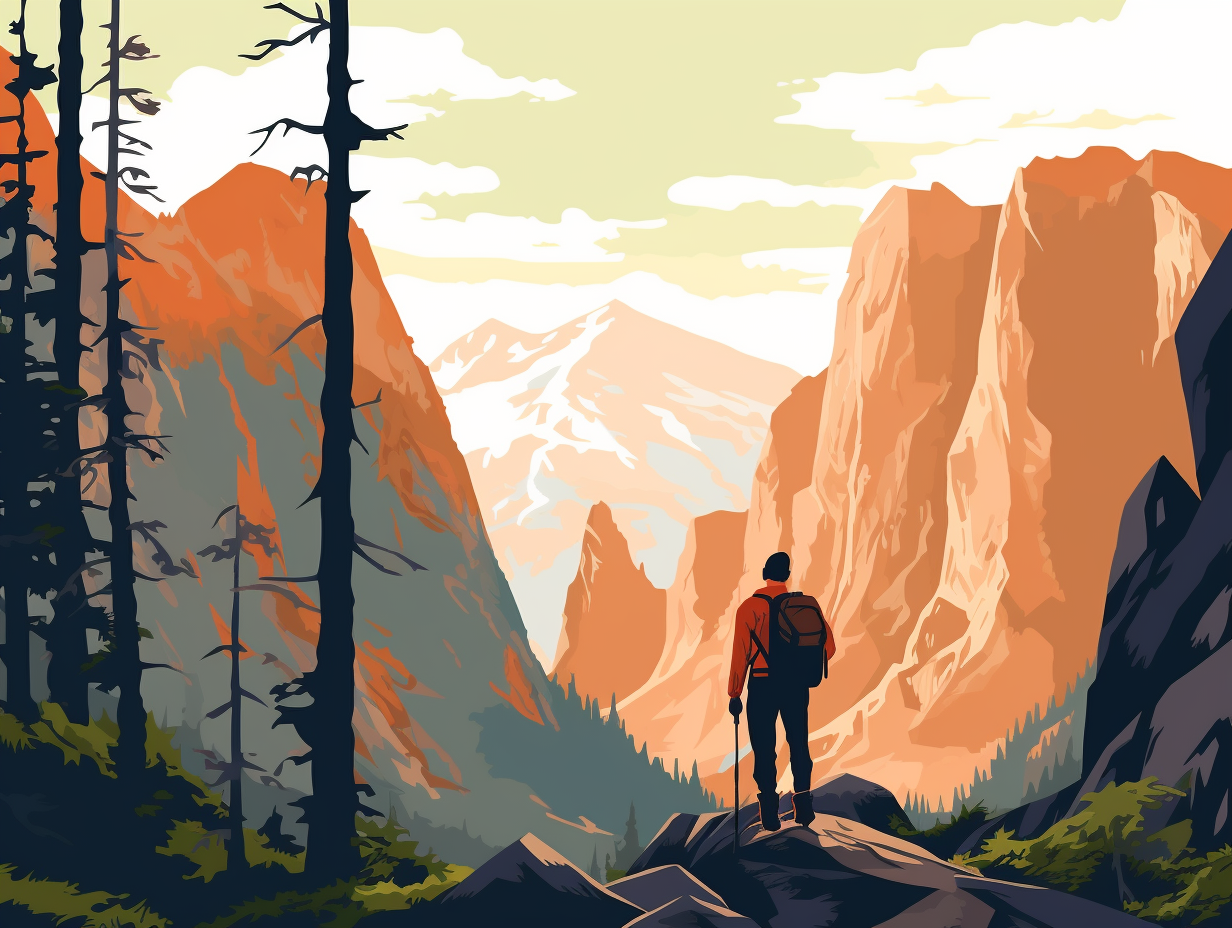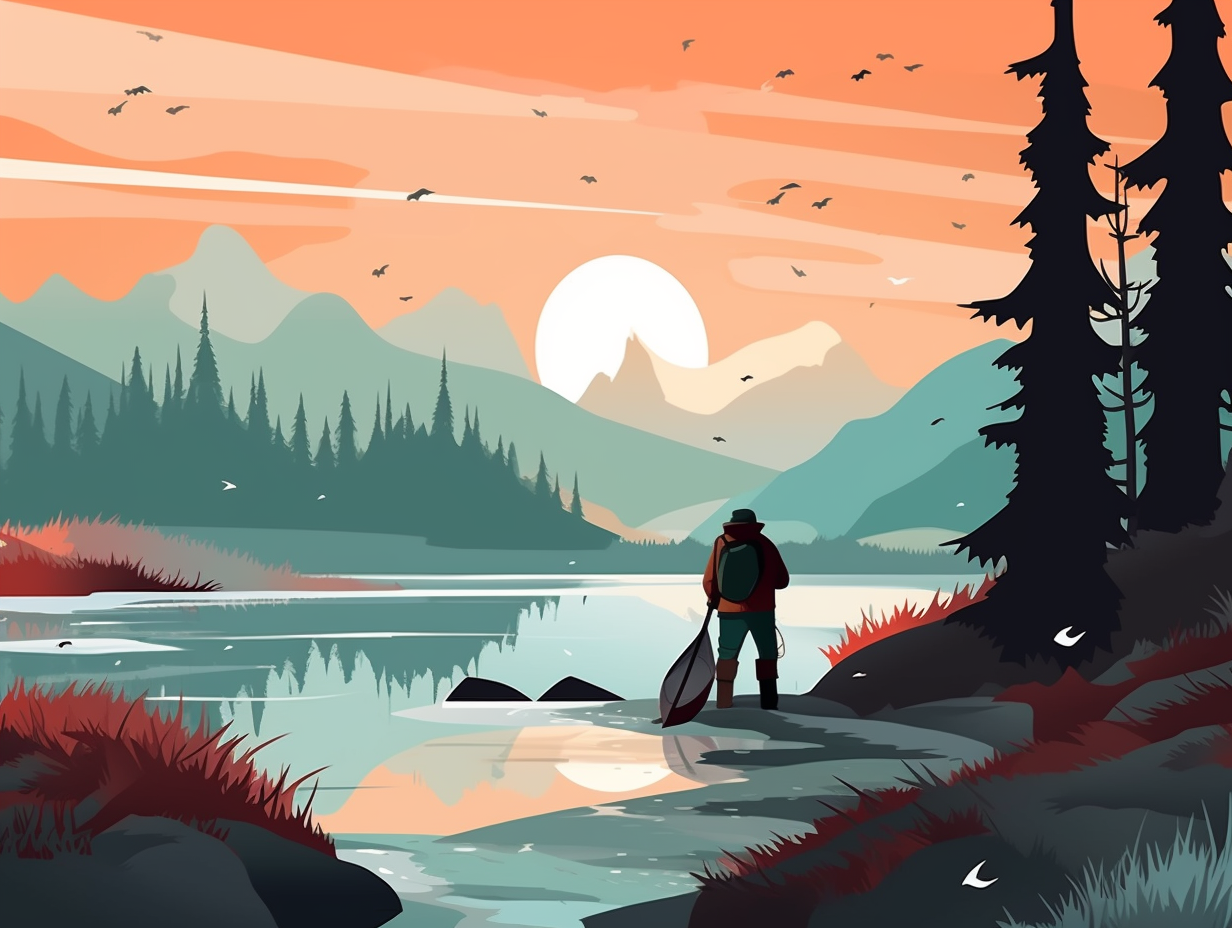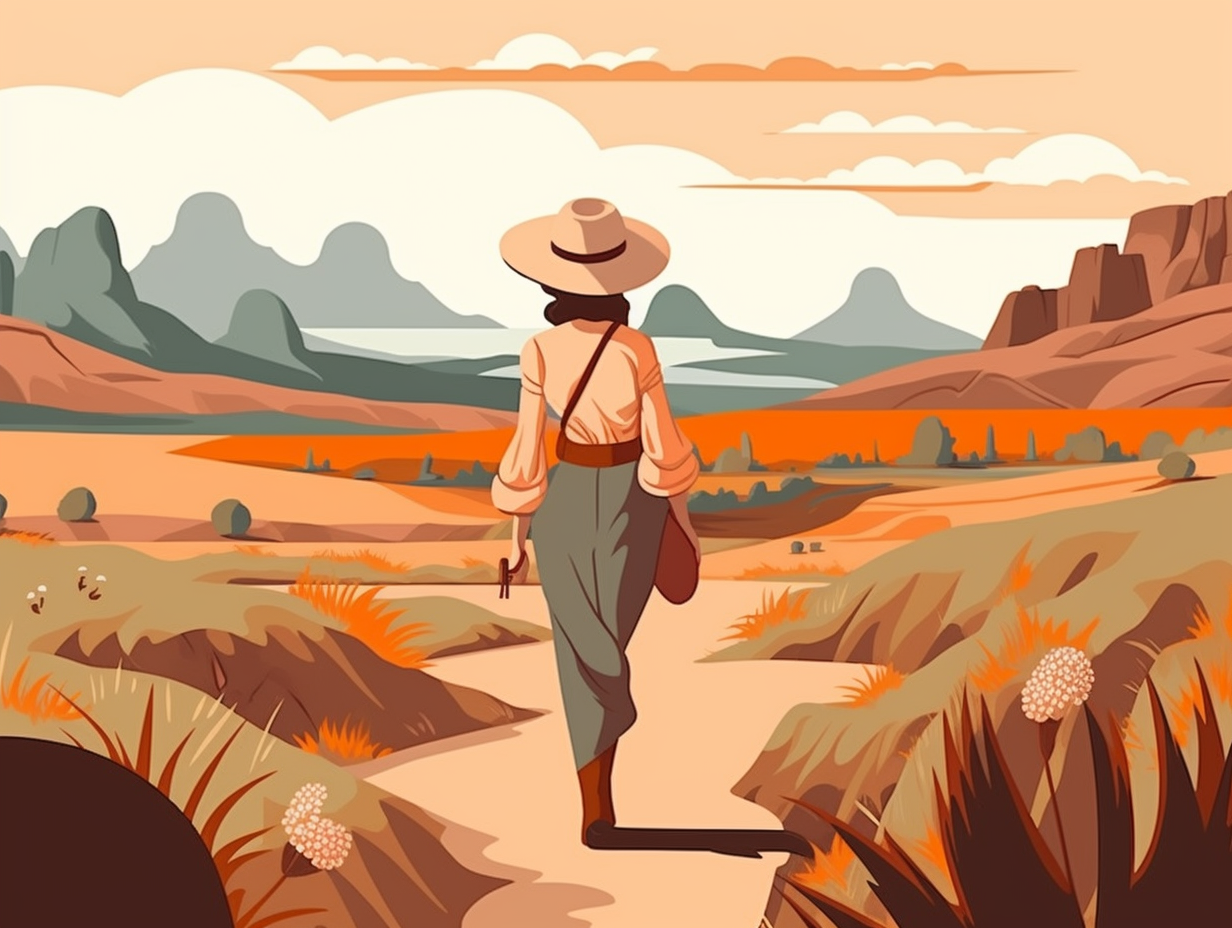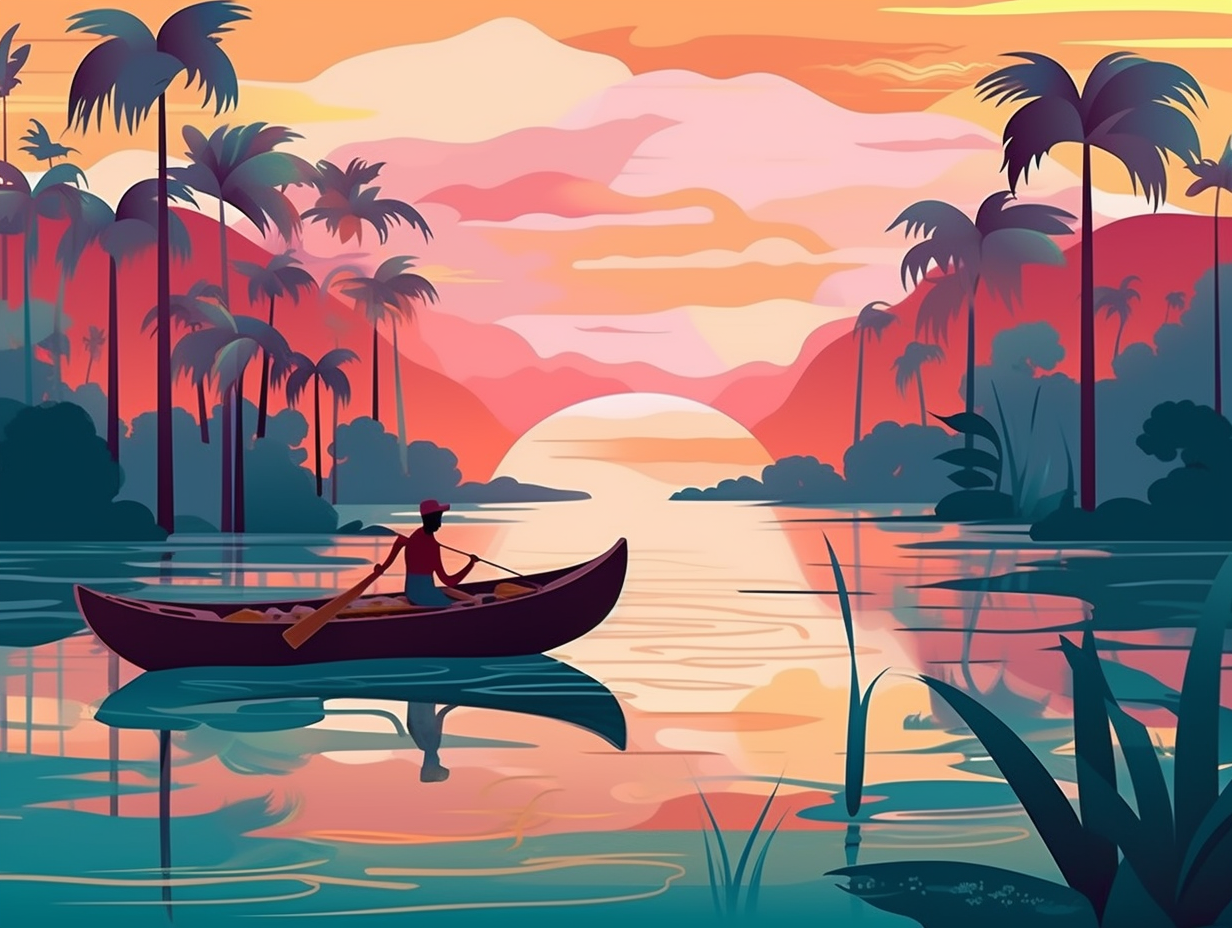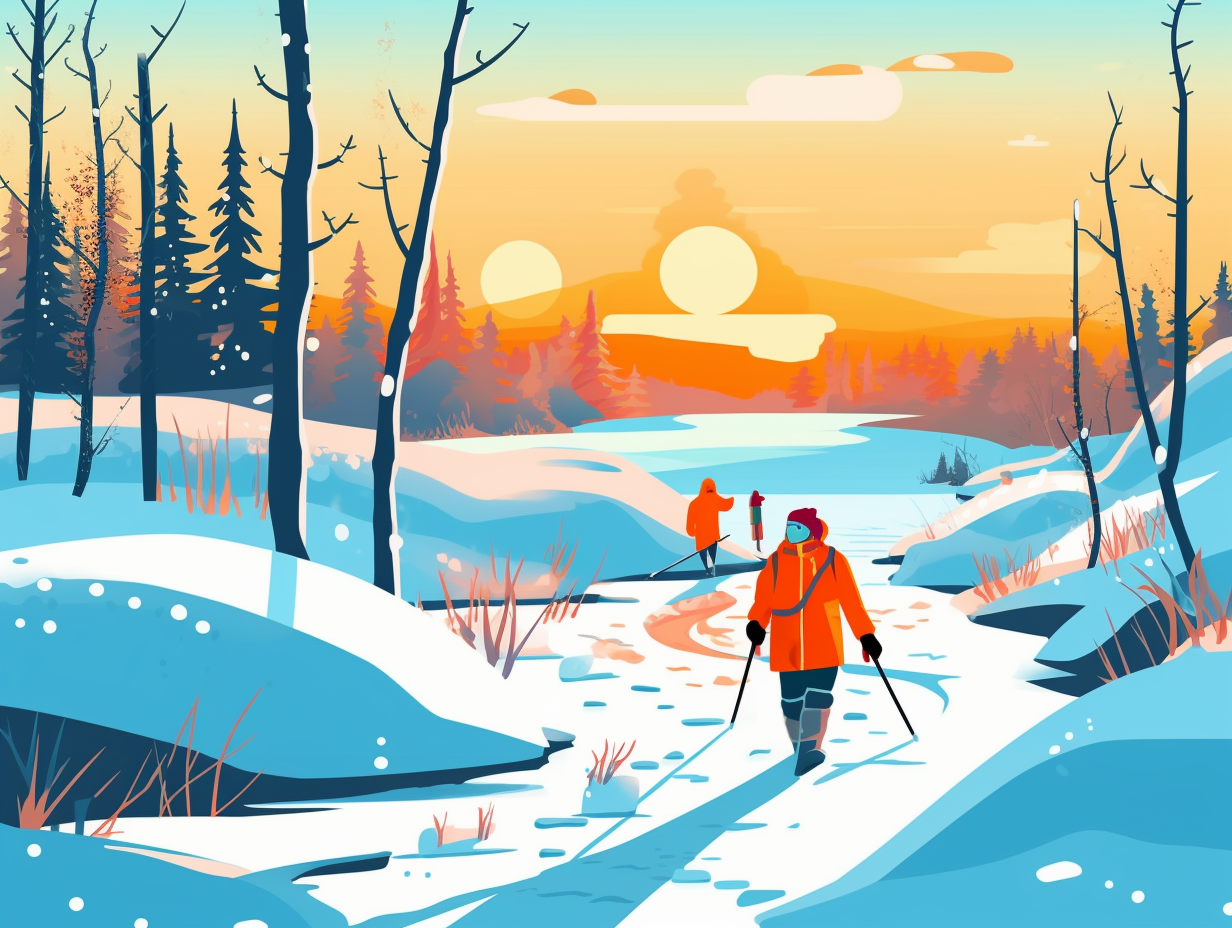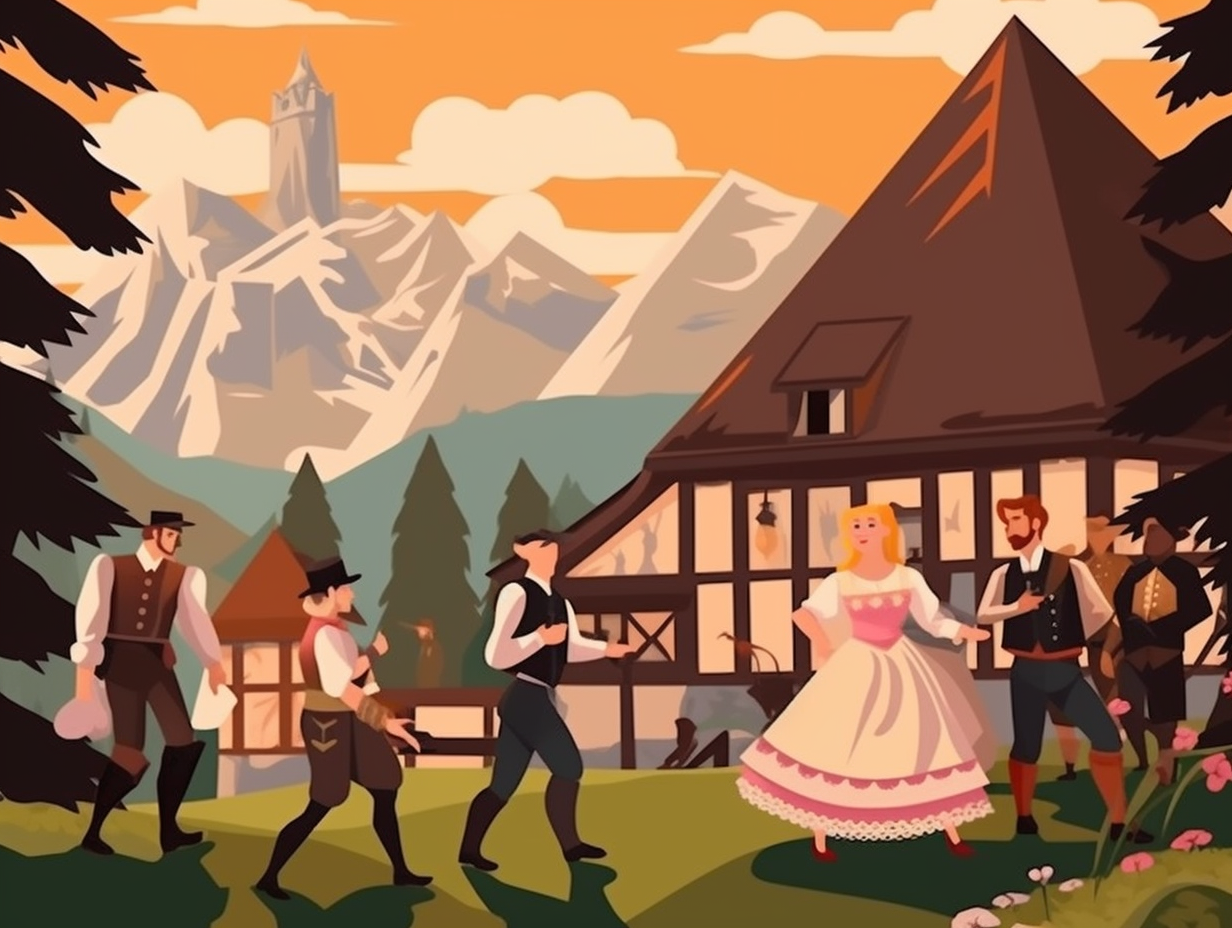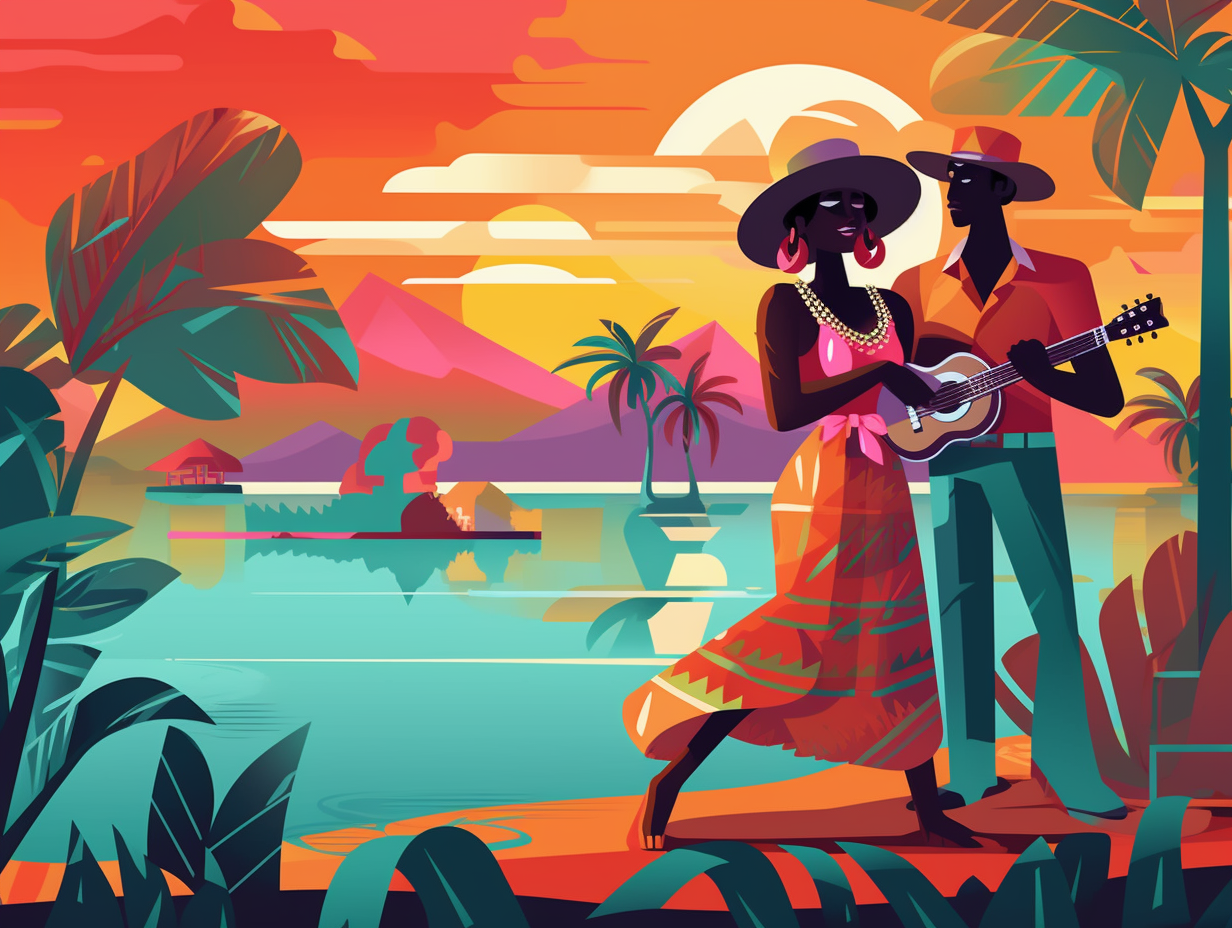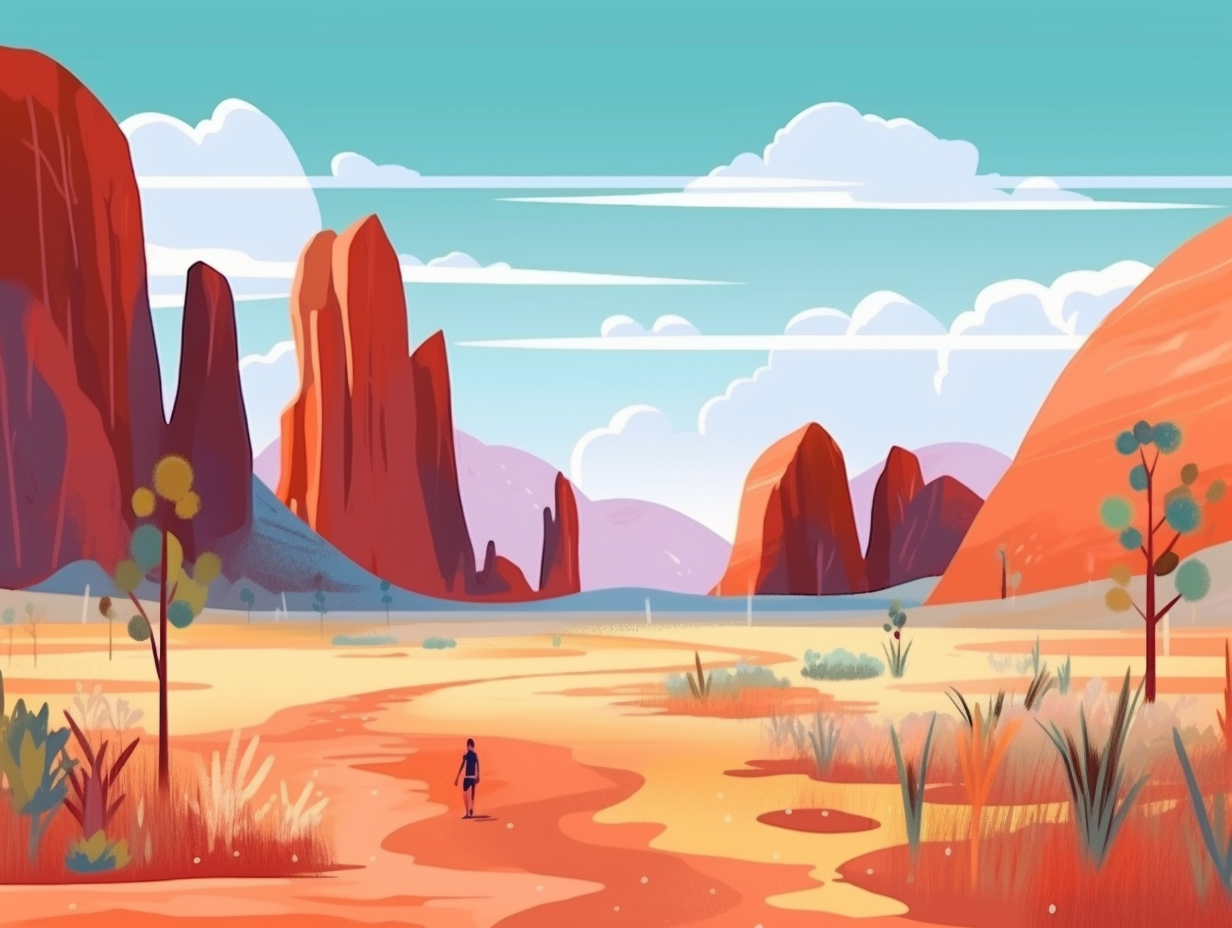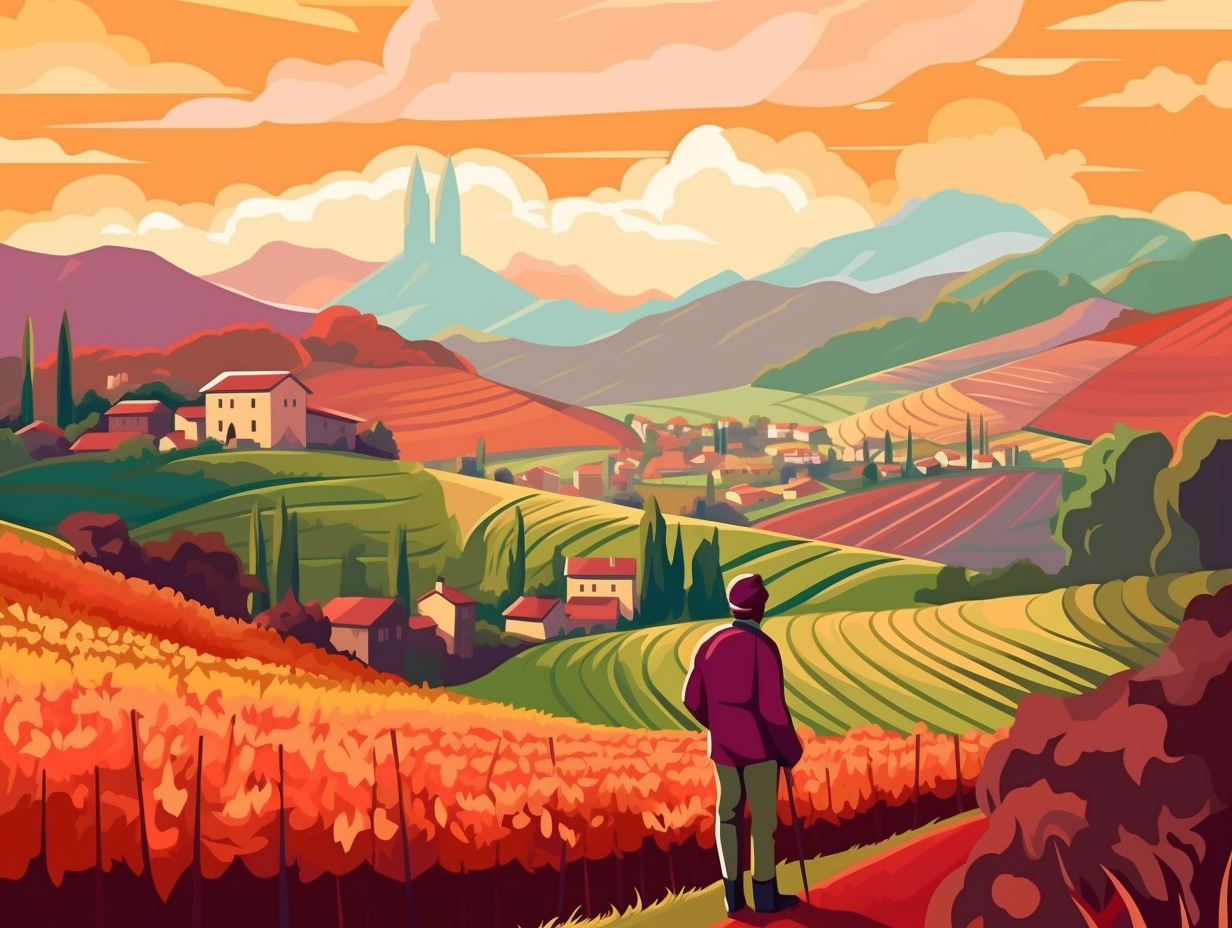Discover the Eastern Woodlands: Top 9 Amazing Fun Facts You Never Knew!
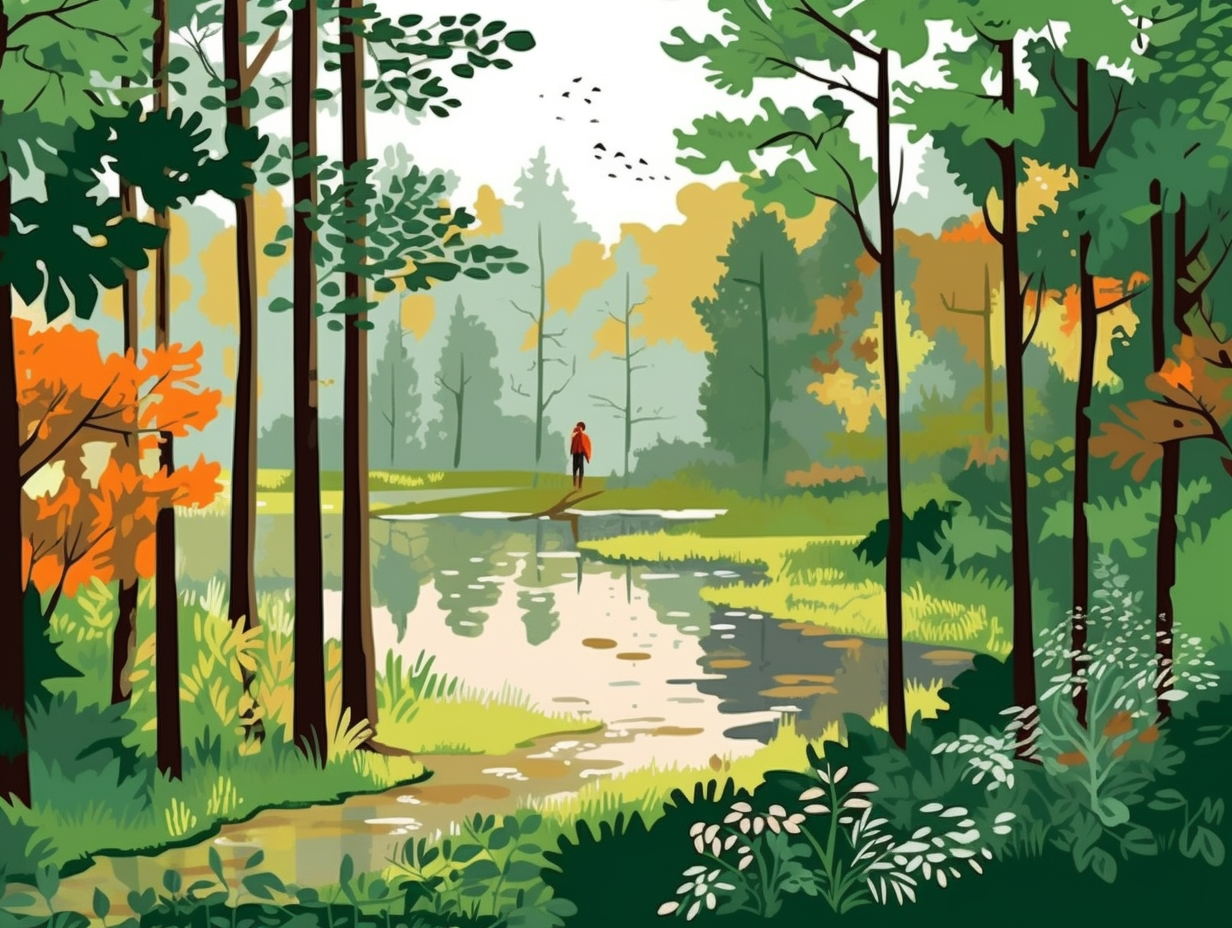
1. Pyromaniac Landscapers
Once upon a toasty time, some smart Native American landscapers moonlit as control freak pyromaniacs, crafting their environment in a way that left "Woodlands" as a bit of a misnomer: The Eastern Woodlands tribes had intricate fire routines, burning forests to encourage hunting and make room for farming, which resulted in landscapes with scarce firewood for Europeans a few miles inland.
Source => oxfordre.com
2. Gobble Busters
Who you gonna call? Gobble Busters! These Eastern Woodlands tribes knew the power of turkey: They domesticated turkeys for their feathers, bones, and meat, but intriguingly, they didn't utilize them for natural pest control in their agricultural lands – still, these feathered fellas held a significant place in the tribe's culture and traditions.
Source => blog.snapshotwisconsin.org

Did you know Florida's cattle industry has a rich history dating back centuries, playing vital roles in wars and even boosting its economy by preserving nature and supporting recreation? 🐄🌳🏞️
=> Fun Facts about The-Southeast-Region
3. Tree Huggers & Sap Collectors
Move over, lumberjacks: The Eastern Woodland Indians were the original tree huggers, putting a creative spin on sap collection! Instead of chopping trees down, they gave them a little "tree-ty hug" by stripping a portion of their bark to let the sap flow free: This process, known as strategic girdling, preserved tree trunks for future use and protected the forest ecosystem, showing that you can have your syrup and eat it too!
Source => parkersmaple.com
4. Birchbark Canoe Trendsetters
Before canoes became "un-birch-ably" famous in Canadian pop culture, people like Timberlake and Birchoncé had nothing to do with it: The Eastern Woodlands' Indigenous peoples and voyageurs were way ahead of the trend, using birchbark canoes for transportation, fur trading, and exploration, complete with personalized artistic prow makeovers and the ever-enviable advantage of lightweight, durable craftsmanship.
Source => thecanadianencyclopedia.ca
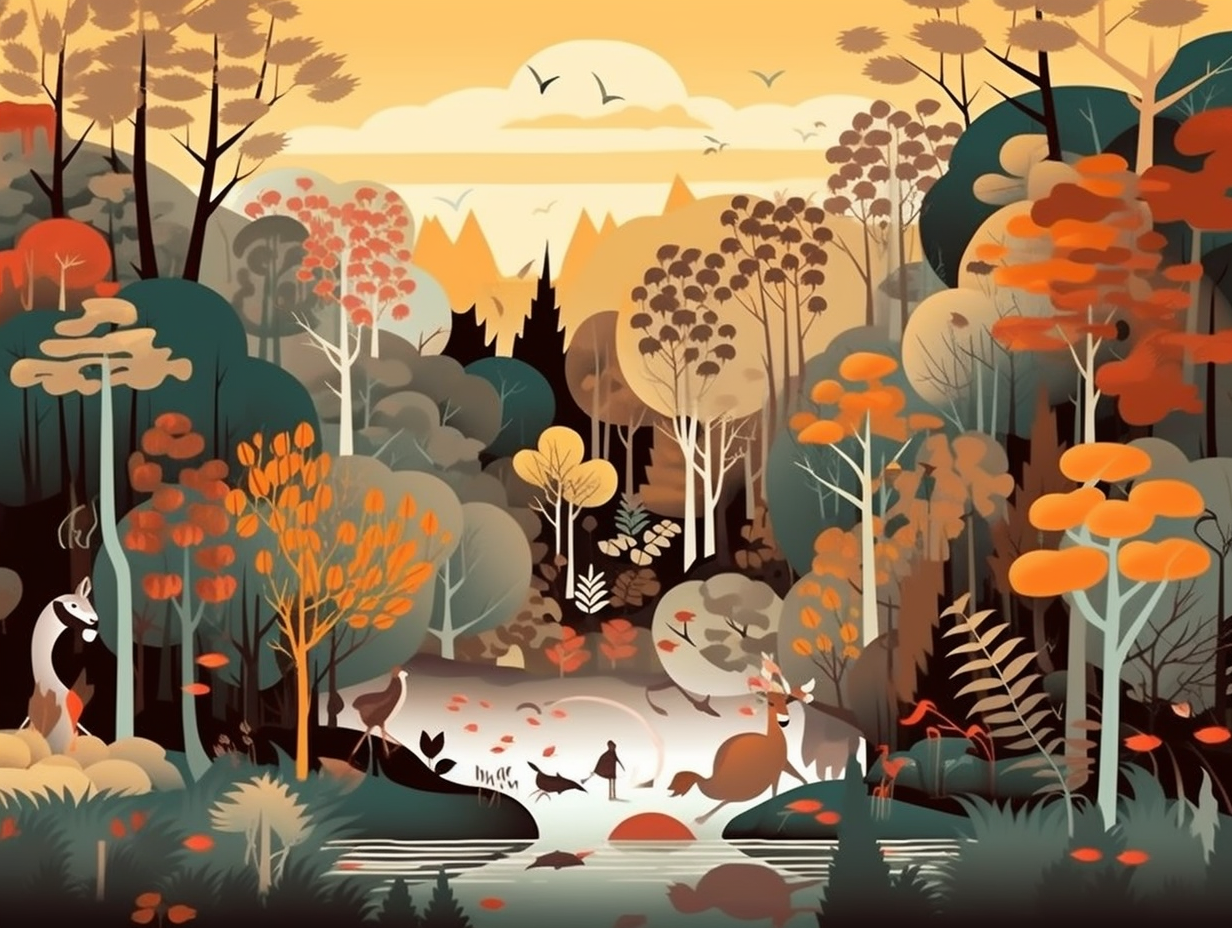
5. Pre-IHOP Maple Syrup Masters
Did you know that centuries before IHOP hit the scene, Native Americans in the Eastern Woodlands were already onto the sweet, maple-licious secret?: The Eastern Woodland Indians were the first to tap into the treasure of maple sap, boiling it to create syrup and sugar, a legacy that lives on today with Vermont now reigning as the modern-day maple syrup mecca of the United States.
Source => bensmaplesyrup.com
6. Sustainable Barkitecture
Who needs a fancy mansion when you can have a bark-covered abode made of bendy tree limbs? Welcome to the Eastern Woodlands HGTV: In this region, Native Americans expertly constructed diverse traditional homes like dome-roofed wigwams and barrel-roofed longhouses, using flexible saplings and tree bark from numerous tree species, harvested and cleaned during their prime season for optimal lifespan and structure. Talk about sustainable living!
Source => woodlandindianedu.com
7. Real World: Furry Critters
In a furry critter version of "The Real World: Eastern Woodlands Edition": meet the red northern cardinals, gray squirrels, black bears, white-tailed deer, raccoons, red foxes, and opossums! These stars rely on their treemendous forest paradise to wine, dine, and recline: these versatile ecosystems provide essential sustenance and shelter for an astonishing variety of animal inhabitants, all of whom could be significantly affected by climate changes that impact these wooded landscapes.
Source => globalchange.gov
8. Diverse Dinner Tables
Whoever said not to put all your eggs in one basket must have been taking notes from the Eastern Woodlands people: these resourceful folks farmed corn, beans, and squash, hunted creatures like bear, raccoons, and squirrels, fished for salmon, cod, and smelt, and even gathered an array of edible plants, nuts, and clams to ensure their dinner tables were never empty!
Source => express.adobe.com
9. The Ultimate Three Sisters Combo
Talk about a perfect veggie trio: the Eastern Woodlands Indigenous tribes had a longstanding tradition of planting corn, beans, and squash together, creating the ultimate "Three Sisters" combo! These tribal green thumbs not only nailed a balanced diet but also cultivated a rich cultural and spiritual practice that dates back at least five hundred years prior to European settlers joining the garden party.
Source => nal.usda.gov

